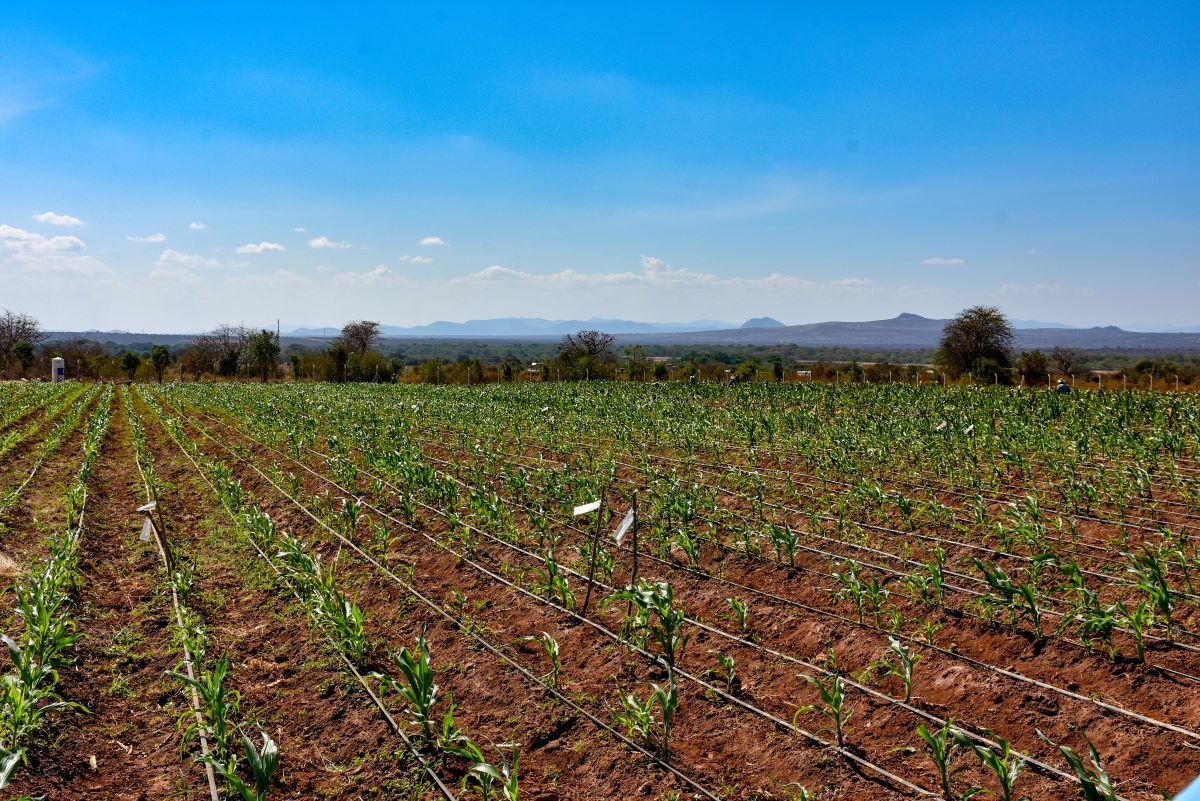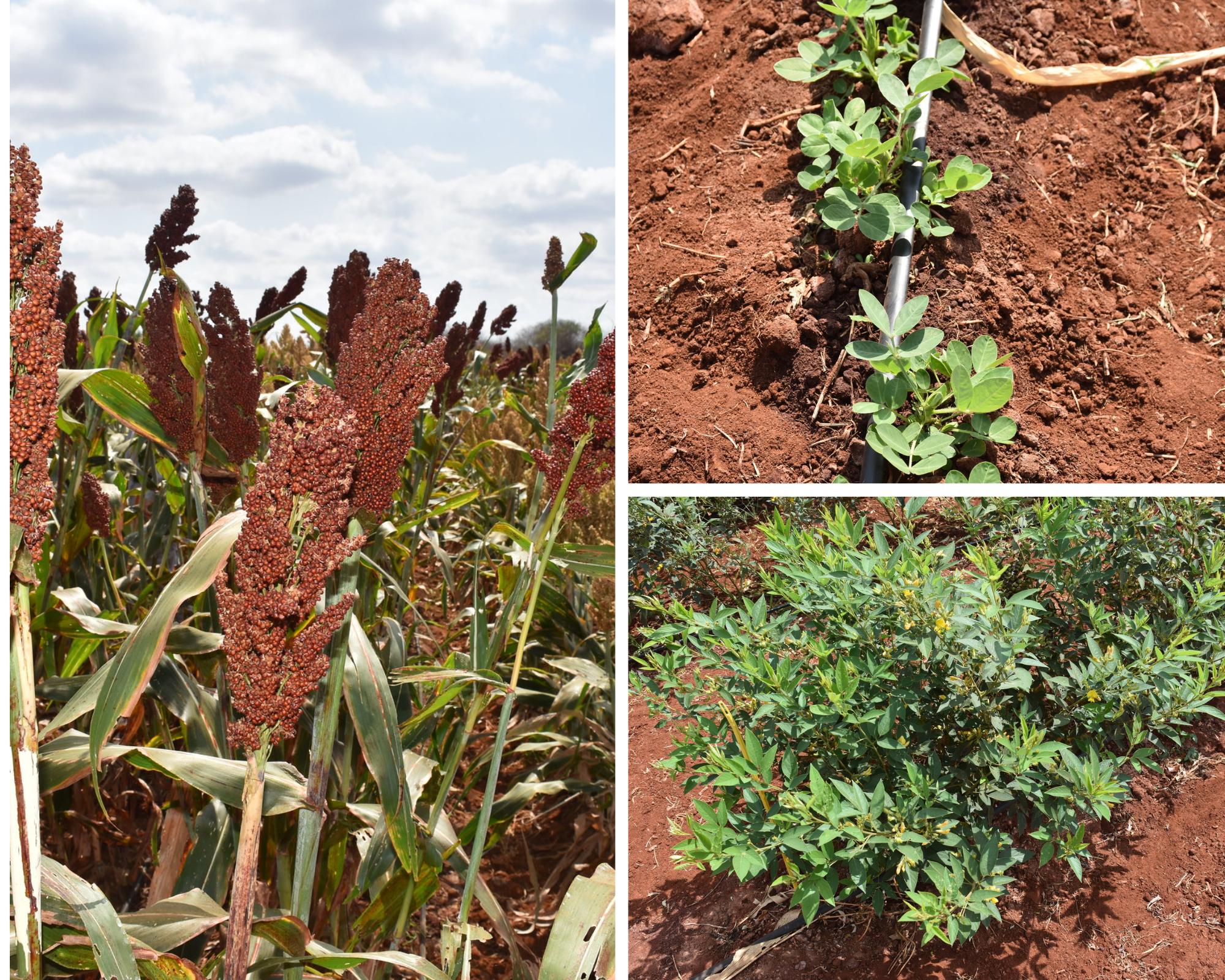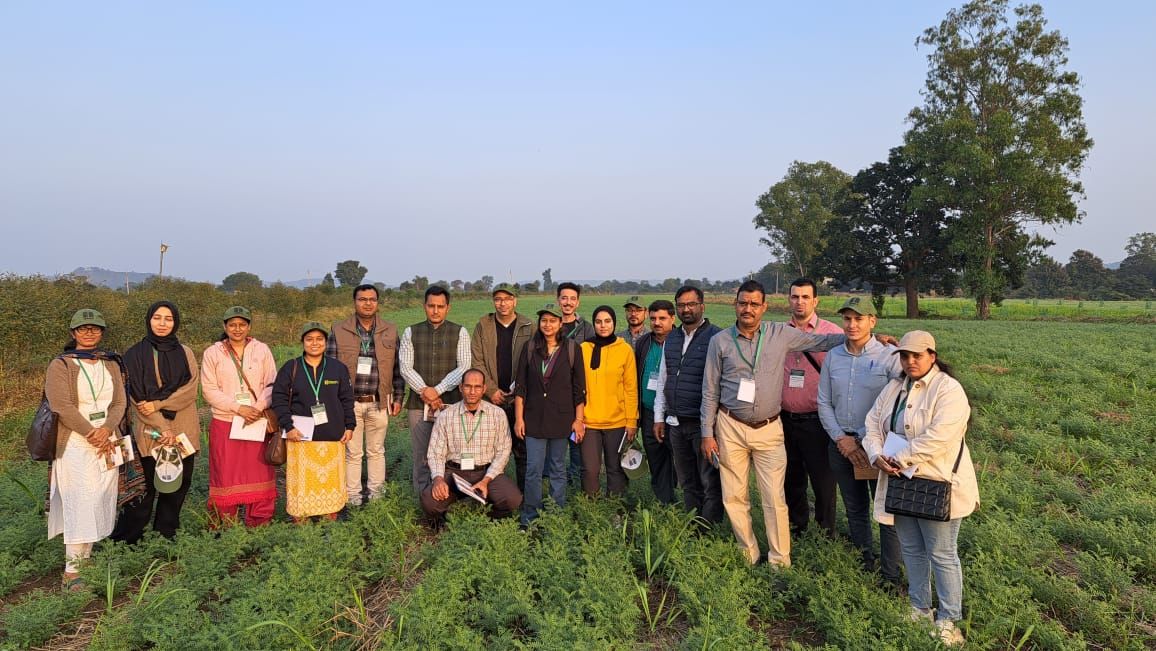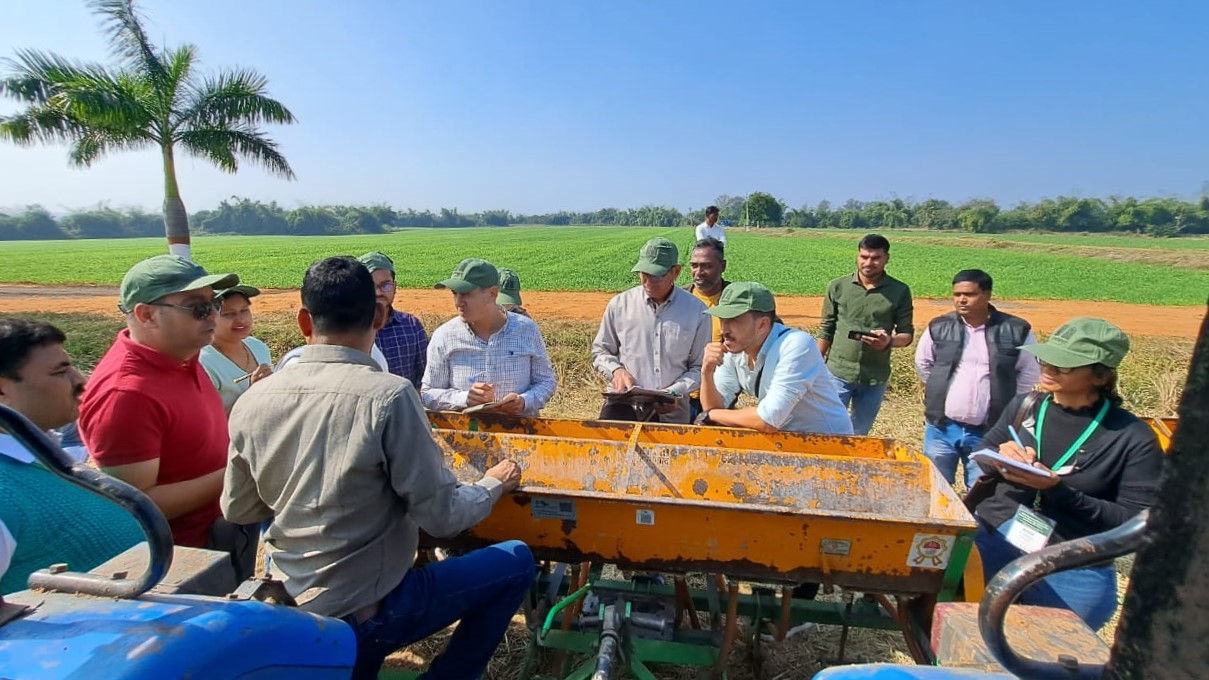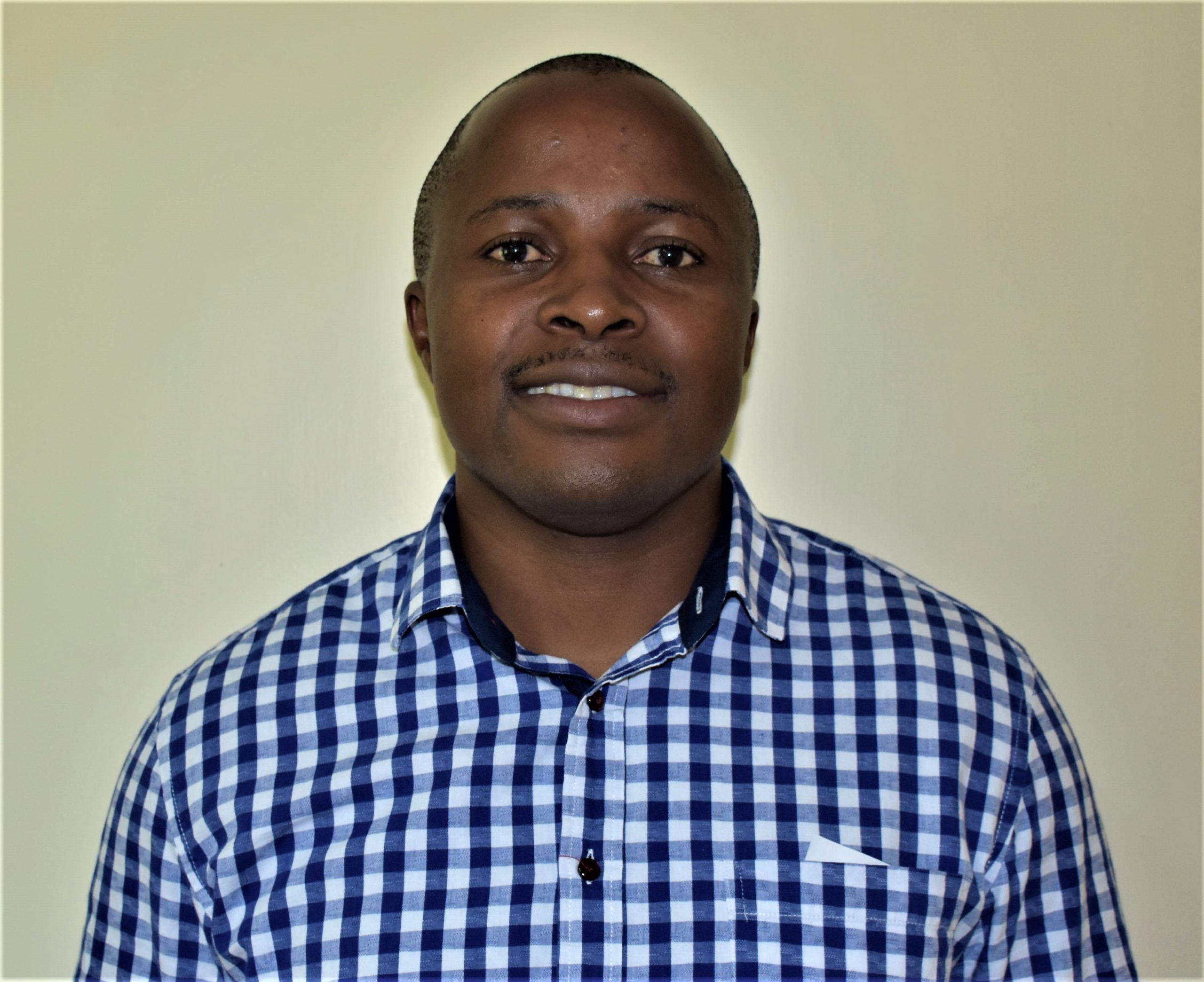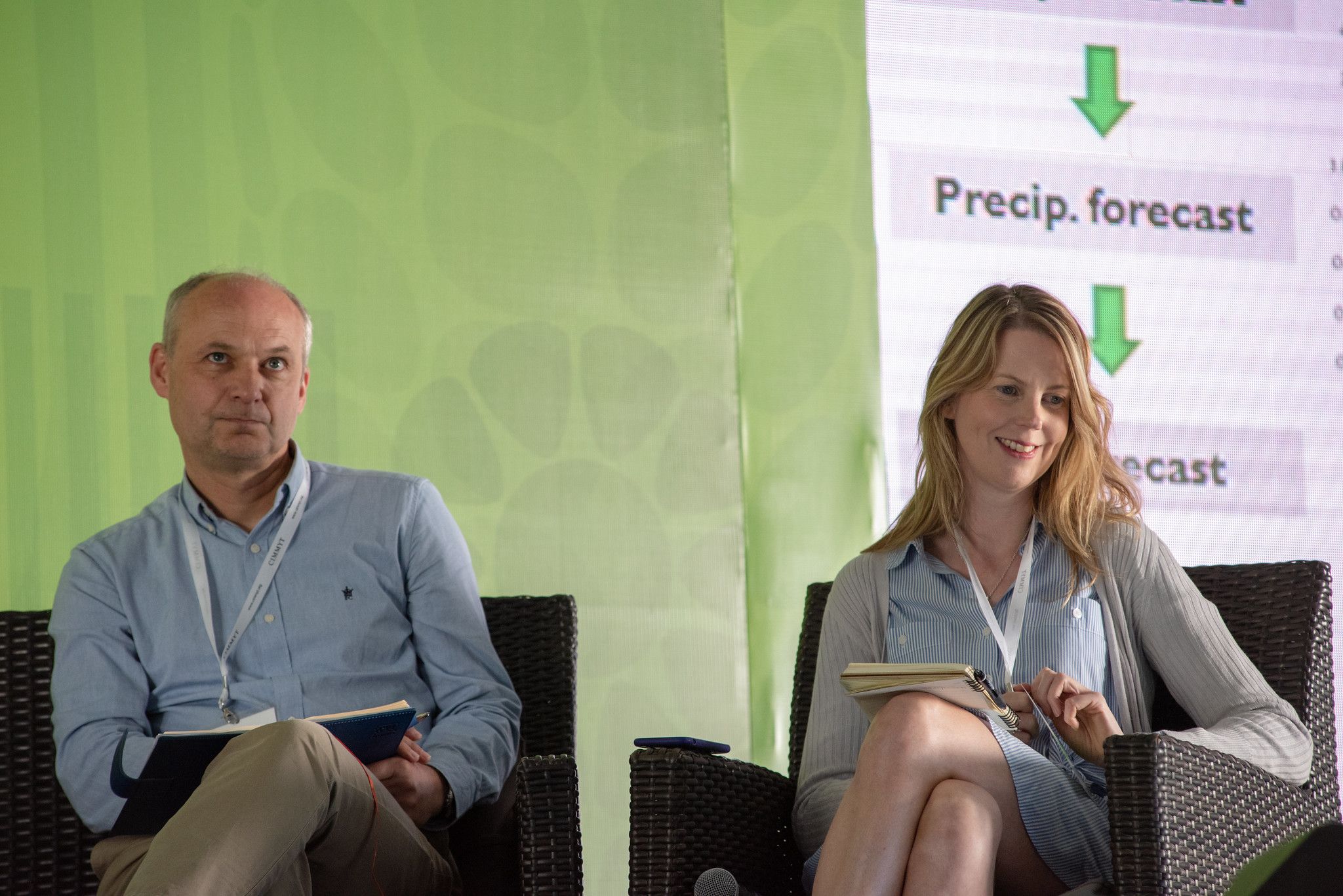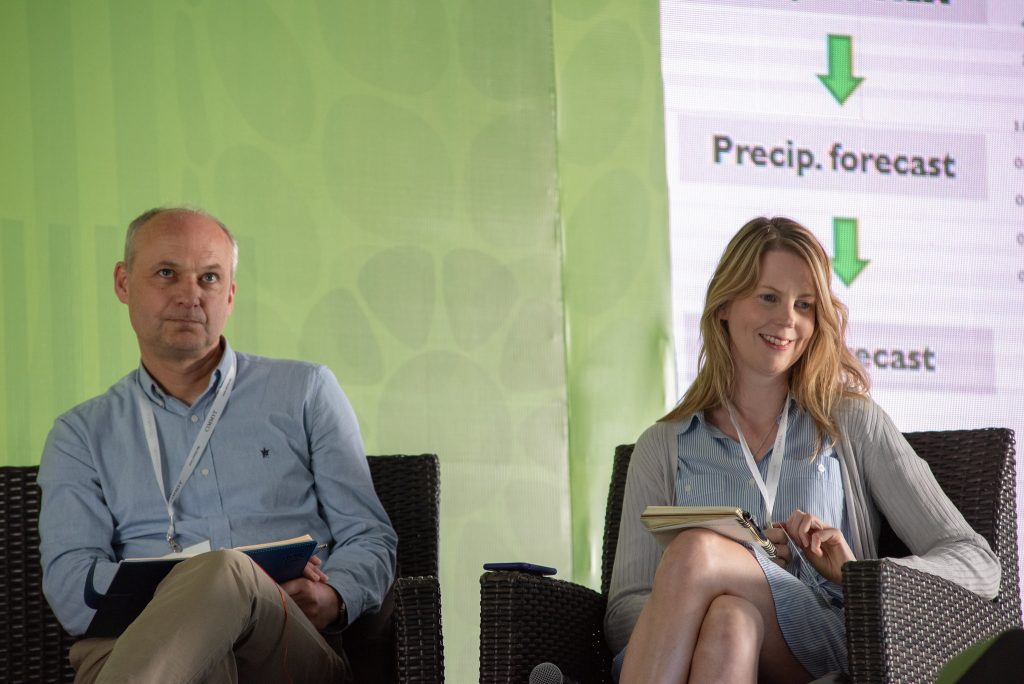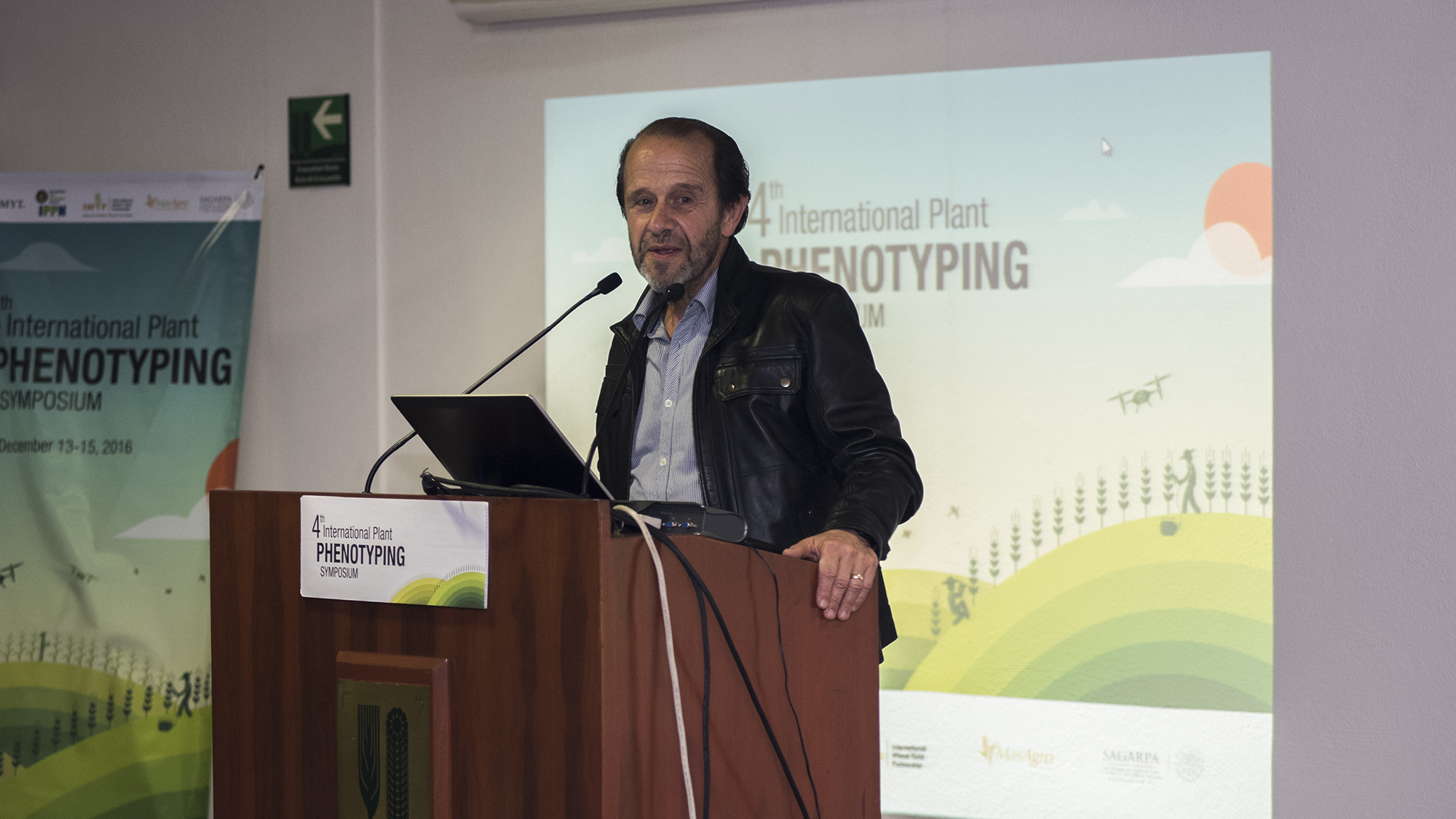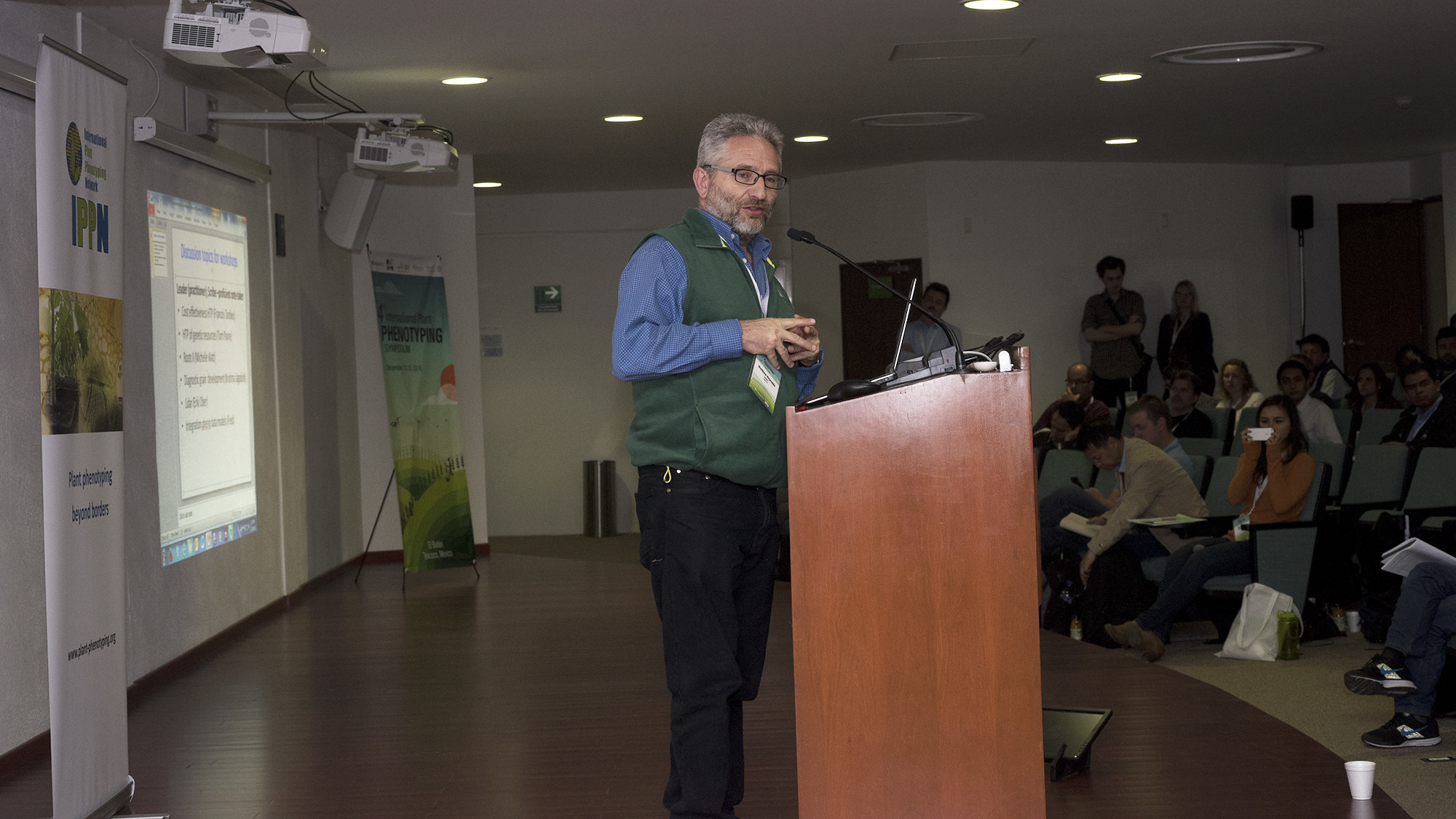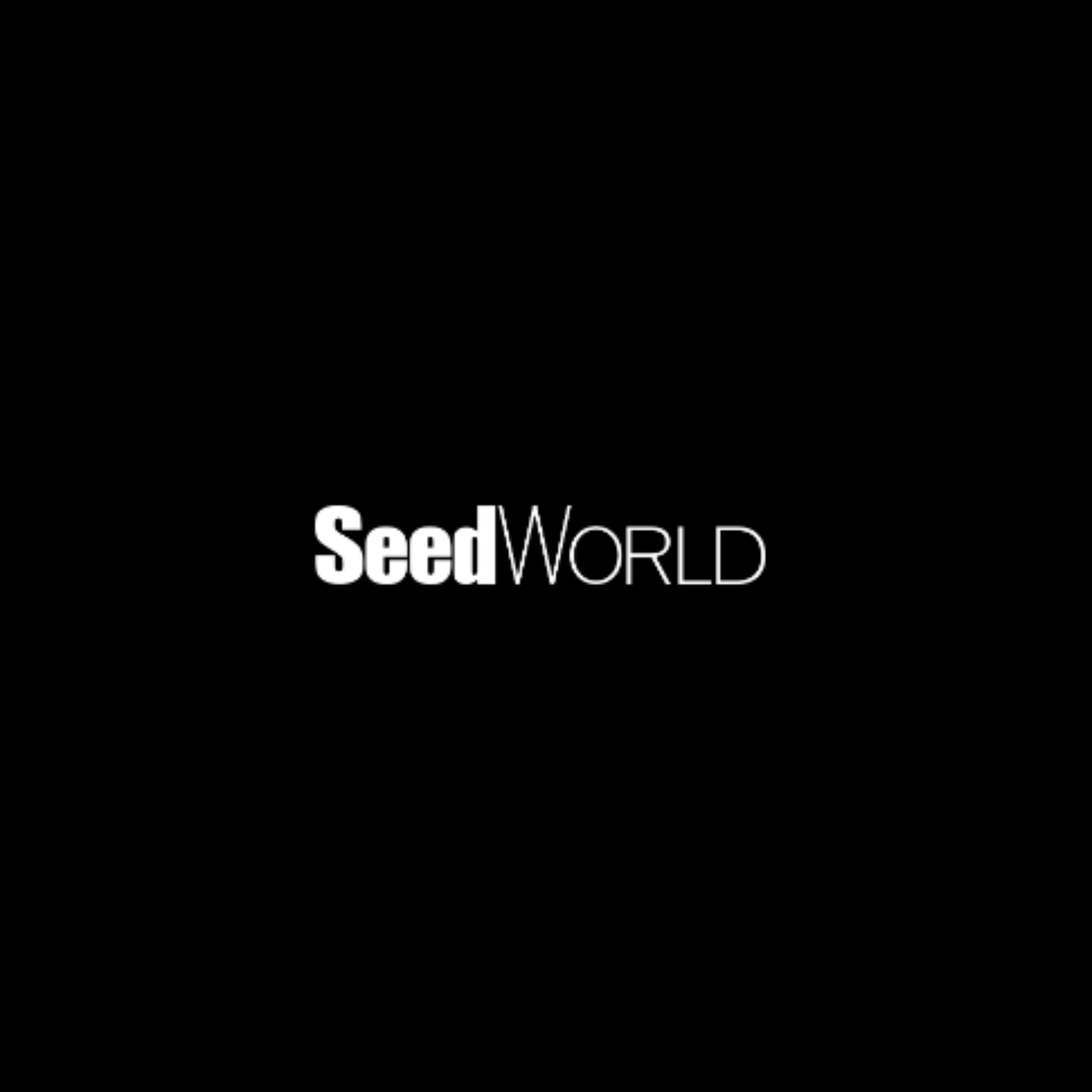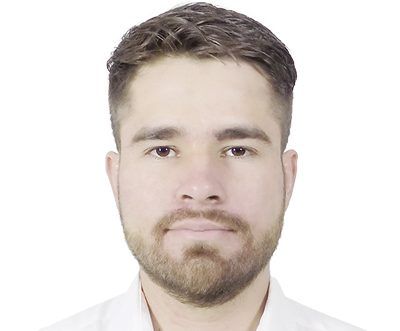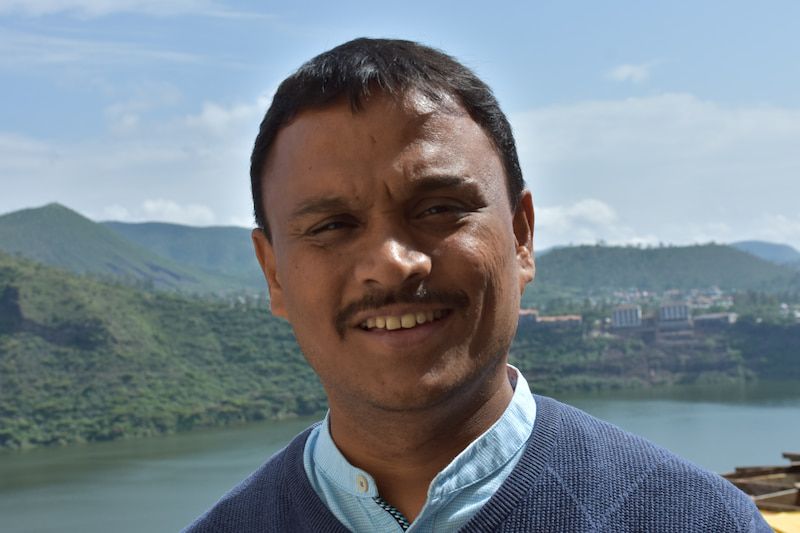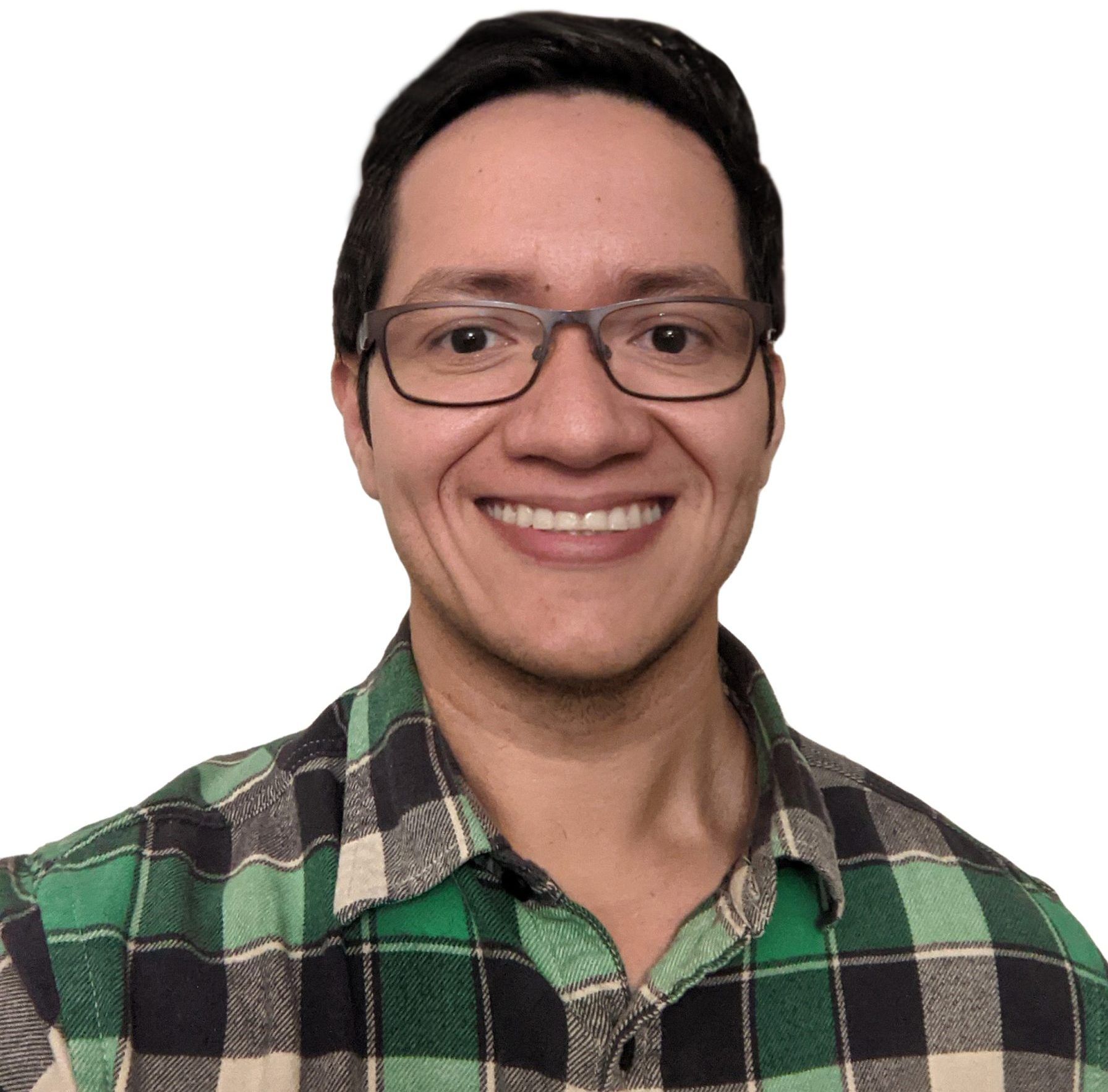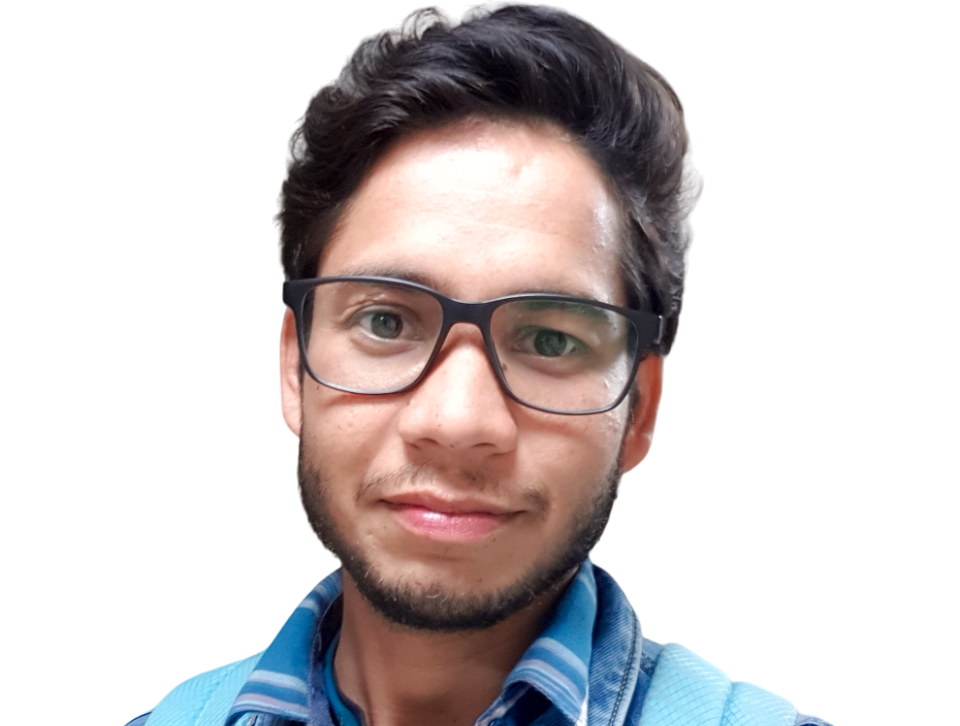Training the next generation of plant breeders with VACS
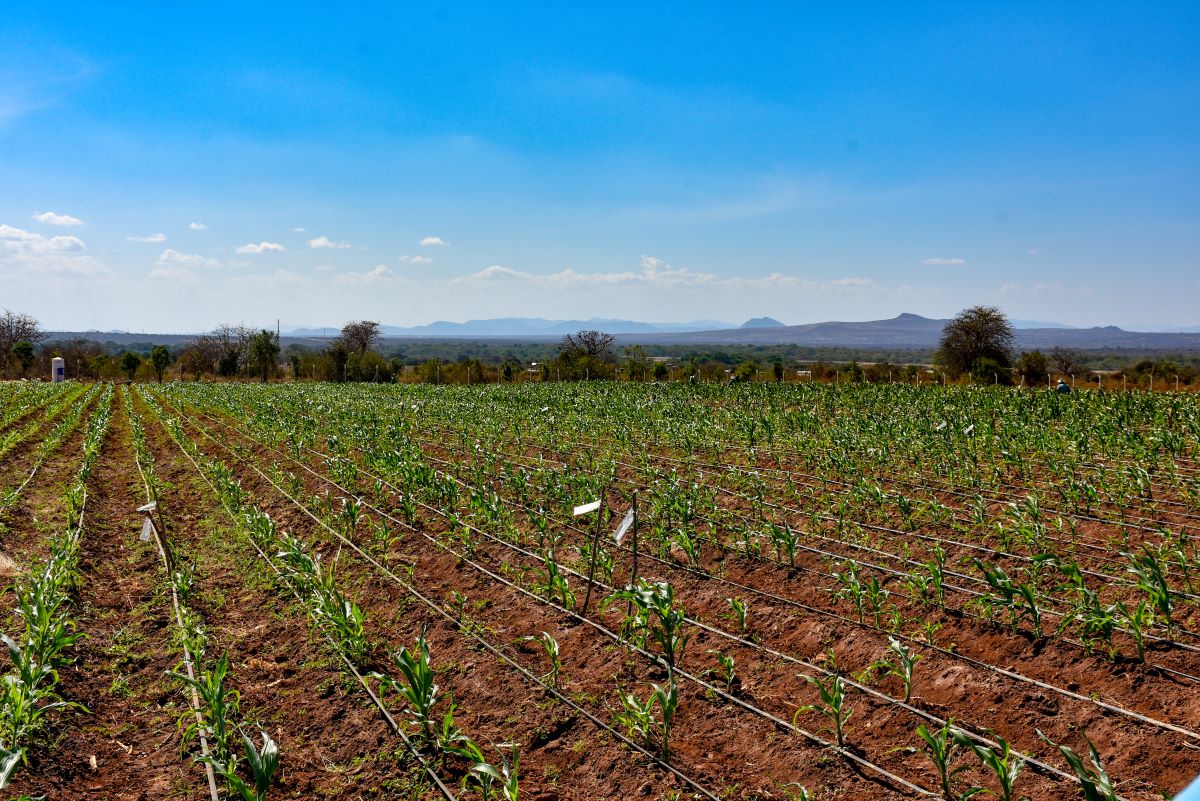
The foundation for a Vision for Adapted Crops and Soil (VACS) is capacity building: to boost adoption of opportunity crops, for nutritional security, diverse and climate-resilient cropping systems, to build healthy soils, a cohort of researchers and professionals is being supported to improve opportunity crops in Africa. Launched in October 2024 in Nairobi, Kenya, the VACS Capacity Project aims to train scholars and professionals in the latest plant breeding technologies. Professor Julia Sibiya, VACS Capacity Project Lead at CIMMYT, elaborates on how the project aims to contribute to the promotion, development and delivery of improved “crops that nourish” people, and the planet.
As part of the VACS Capacity Project, 30 Master and PhD students will be mentored by prominent experts in plant breeding. What support will they receive?
The students will be exposed to the latest technologies in plant breeding but will also learn from their mentors to deliver the VACS vision on opportunity crops and healthy soils.
The project also includes training of 40 mid-careers professionals. We want them to master the latest technologies and be able to apply them to develop improved opportunity crop varieties that will be used by farmers.
To achieve this goal, the VACS Capacity Project is supported by three hubs to facilitate the training by matching the scholars and professionals with appropriate mentors and institutes where they will be exposed to the latest research and technologies. The selected hubs are the International Institute of Tropical Agriculture (IITA-Nigeria), the West Africa Centre for Crop Improvement (WACCI) in Ghana, and the Biosciences eastern and central Africa-International Livestock Research Institute (BecA-ILRI) in Kenya. The hubs have “support entities” through Iowa State University and Cornell University.
For maximum and long-term impact, the CIMMYT Academy, with the support of the Sustainable Agrifood Systems program, is developing gender-aware mentoring and curriculum on a wide range of topics, to directly address priorities of the 70 scholars and professionals. Expertise is being sourced at institutions such as Iowa State University, CIMMYT and African universities for robust e-learning modules on the entire plant breeding pipeline and seed systems, with materials updated and designed for the African continent.
What gaps does the VACS Capacity Project aim to address?
Today, in Africa, very few plant breeders and scientists working on plant improvement are focusing on the opportunity crops identified by VACS, such as finger millet, bambara groundnut, and amaranth. Most breeders focus on the main staples. This is why we want to build a critical mass of scientists who work on opportunity crops that are vital for food security and nutrition under climate change.
Besides increasing the critical mass of researchers working on the opportunity crops, we also want to bring up-to-date the skills of professionals in the breeding sector, which is a sector where technologies are evolving very quickly. Most of the approaches to crop improvement used today differ greatly from approaches used ten years ago, hence the request by many professionals to upgrade their skills.
In addition to the long-term training fellowships for Master and PhD students, we will provide targeted skills training to professionals, with short-term placements between one and six months in institutions where they can learn cutting-edge techniques that they will apply to opportunity crops.
The project is also designed to build networks and communities of practice around these crops, so people can collaborate in breeding and scaling efforts that are requested by farmers and consider market intelligence for impact pathways. This is in addition to exchanging knowledge and germplasm.
How does this project differ from other plant breeding capacity building projects?
The difference is that we will place professionals into institutions where they will be provided with hands-on training. We will work with universities, international research institutes, and the private sector, including seed companies. This is like offering internships to mid-career professionals who want to upgrade their skills or learn new ones.
Our approach also includes mentorships for both scholars and professionals. Mentors will be recruited from all over the world to assist the fellows in various aspects of their research journey. Last but not least, we hope to see researchers working with farmers so they can learn from each other.
What are the expected outcomes of reaching a “critical mass of plant breeders”?
The objective is to have sufficient breeders to implement crop breeding programs designed for opportunity crops. We also want to encourage them to apply modern techniques to improve opportunity crops and, this way, to contribute to the development of more nutritious plants that are grown in healthy soils. As I mentioned earlier, besides empowering scientists themselves, we also aim to create the conditions for effective collaboration and partnerships for the successful delivery of improved opportunity crop varieties, and this delivery will be accelerated by reducing the breeding cycle. Overall, it will allow us to scale up efforts towards opportunity crops worldwide.
